Career Resources
Interviewing in Different Formats: Insights for a Great Meeting
Preparing for a virtual interview is very similar to preparing for an in-person interview, but there are special considerations. Read on to learn how Jennifer Hohman, the PA Career Coach, advises her clients to prepare for a virtual interview, and why you should schedule a practice call with a trusted friend before the big day.
Taking A Sabbatical
PAs report high job satisfaction but also suffer from burnout, which can take extended periods to fully recover from. Taking a sabbatical from the profession has many benefits and can help foster burnout recovery.
Burnout Can Occur Early Among PAs and PA Students
Although one might think that burnout only occurs in seasoned PA providers, even students can experience burnout. There is hope for the student and early career PA. A national trend toward addressing the mental health of our medical providers includes new assessments and onboarding.
PA Wellness
At AAPA, we’re here to support your PA well-being and fight PA burnout by ensuring your emotional, physical, social, workplace, and societal well-being.
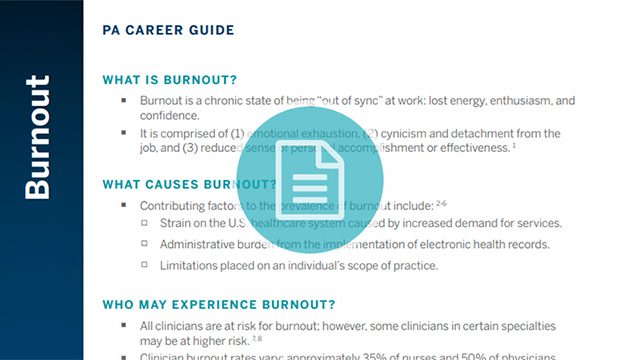
Blueprint for Addressing Physician Assistant Well-being and Burnout
The goal of the Blueprint for Addressing PA Well-Being and Burnout is to provide a brief overview of what is currently known about PA burnout and well-being, and more importantly, provide an enduring framework for increasing PA engagement at work and improving the well-being of the profession.

Feeling Unfulfilled? You Might Need a New Job
Changing jobs is one of the most impactful ways of creating positive change in your PA career. Is it time for you to move on from a position that is no longer inspiring, sustainable, or financially rewarding?
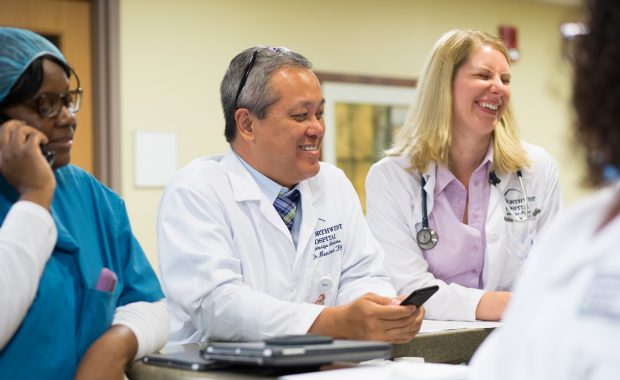
Sponsored
Locum Tenens Offers Work/Life Balance and a Fresh Start
PAs can turn to locum tenens as a full-time career alternative that allows them to take control of their own schedule, establish a better work/life balance, and enjoy a regular change of scenery.
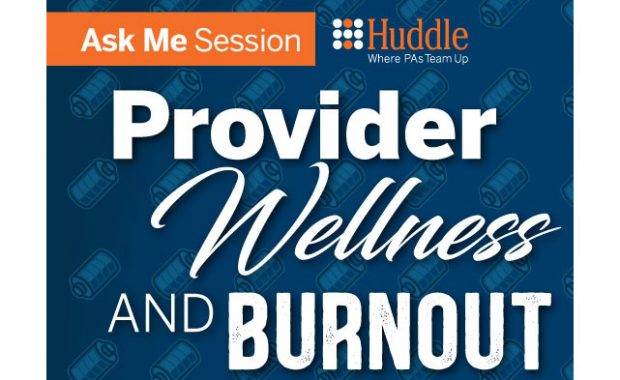
Getting Ahead of Burnout: Experts Share Tips for Provider Well-being
Huddle’s latest Ask Me session on burnout and clinician wellness enlisted experts Eric Tetzlaff, PA-C, DFAAPA, and Susan Kopynec, MPAS, PA-C Emeritus, DFAAPA, to offer up-to-date information and tips for providers to maintain their well-being and avoid burnout.
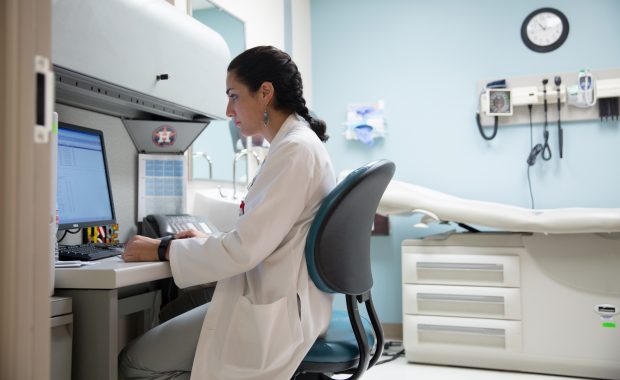
How PAs Can Take on More Responsibility Without Burning Out
As we advance in our careers, it’s natural to want to take on more responsibility. But there’s a tricky balance – we don’t want our PA practice or our enthusiasm for healthcare to suffer. Follow these four tips to take on more without burning out.

Sponsored
Why I Changed Specialties as a PA
One of the major advantages of becoming a PA is that it is relatively easy to change from one specialty to another without the need for new certification. More than 50% of PAs will change specialties during their careers, according to AAPA’s Salary Report.
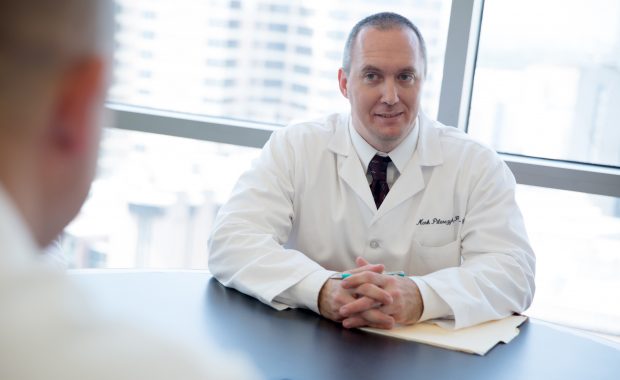
One Interview Tip I Would Give to All PAs
Career and leadership expert Andrea Lowe, MHA, PA-C, shares advice on how to effectively prepare so that you stand out from the crowd during job interviews. Anticipate competition for any job you’re interviewing for and do your homework.
The Balancing Act
Having the right work-life balance can reduce stress for medical professionals as well as increase on-the-job focus, resulting in high job satisfaction and career success, healthier patients—and a healthier provider. However, maintaining that balance can be more daunting than ever before for those in healthcare.
PA Student to PA: Navigating the Transition
While the transition from program to practice may seem overwhelming and nerve-wracking, PA students can set themselves up for a successful career start with these tips.
Boundaries and Professional Wellbeing
PAs need to create professional boundaries as part of a healthy career.
Handling Difficult Interview Questions
Interviews can be stressful, no doubt about it! I’ve found in my work with PA clients that preparation (especially for difficult questions) is an effective way to promote confidence and even turn anxiety into excitement about meeting with a prospective employer. Effective preparation involves careful assessment of your abilities as a clinician (and person) and how they correspond to the job, and also working out your replies to commonly asked difficult questions in advance.

